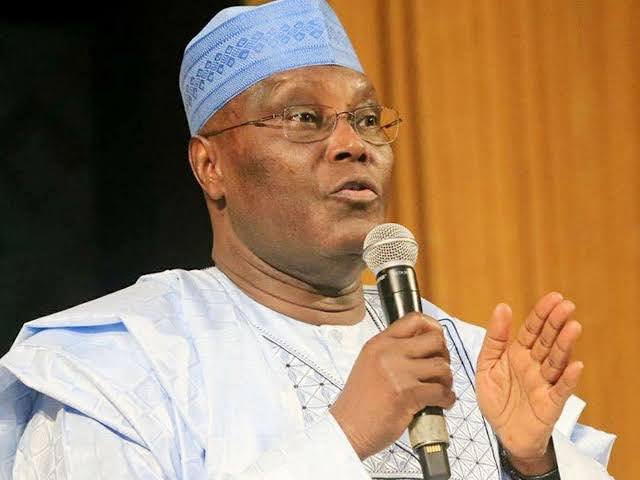Former Vice President Atiku Abubakar has joined the debate on the controversial tax reform bill at the National Assembly.
In a post on his official X handle on Sunday, Atiku said the starting point should be the National Assembly making public the resolutions of the National Economic Council (NEC).
He said he opposes any fiscal system that seeks to favour a few states at the detriment of others. “Nigerians are united in their call for a fiscal system that promotes justice, fairness, and equity,” he stated.
Atiku, the presidential candidate for the Peoples Democratic Party (PDP) in the last election, said, “The fiscal system we seek must not worsen the uneven development of the federating units.”
Calls For Transparency
He emphasized the need for “objectivity and transparency” in the public hearings being organized by the National Assembly. “Transparency and objectivity are essential for promoting accountability, good governance, and public trust in policy-making,” he said.
Atiku also stressed the importance of inclusive participation from all groups, stating, “The public hearing process must include civil society organizations, traditional institutions, politicians, public officials, and subject matter experts.”
He reiterated his demand for the National Assembly to make the NEC’s resolutions public, as it is “the organ of the state with the constitutional power to advise the President concerning the economic affairs of the federation.”
“The NASS must be appropriately guided,” he said, ensuring the final bills reflect the interests of the majority of Nigerians.
The NEC had previously recommended to the president that the bill be withdrawn, but President Bola Tinubu insists he wants the legislative process to be exhausted.
The tax bill has created regional schisms, with mostly Northern leaders opposing it, fearing it will weaken federal authority and reduce revenue allocations to their states, which they view as essential for national cohesion.
Conversely, most South West politicians are pushing for the bill, seeing it as a chance for greater economic autonomy for the states, which they believe will drive development and accountability.
This ongoing debate reflects unresolved issues with the Nigerian state, its resource management and the balance of power under its pseudo-federal system.
Comment, Like 👍, share this article, and Follow us on our social media handles.







